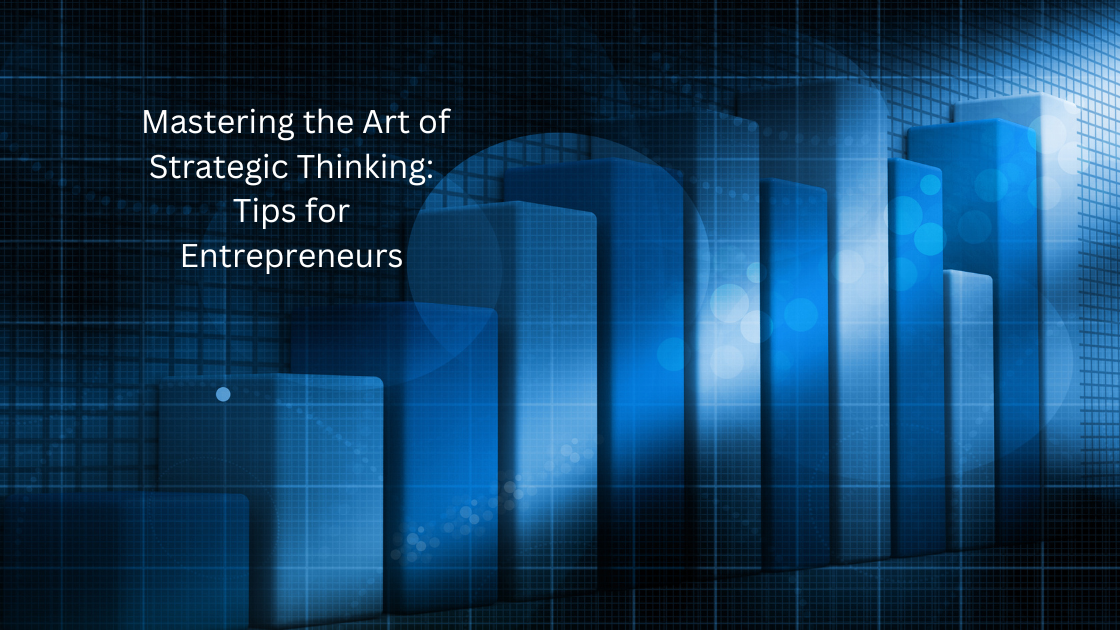Mastering the art of strategic thinking is essential for entrepreneurs aiming to navigate the complexities of today’s business environment. Strategic thinking allows entrepreneurs to see beyond immediate challenges and make decisions that align with their long-term goals. It is not merely about solving problems but understanding their root causes and anticipating future opportunities and risks.
To think strategically, entrepreneurs must cultivate a mindset of curiosity and adaptability. This begins with embracing a broader perspective. It involves analyzing trends, understanding market dynamics, and staying informed about changes within and beyond their industry. By doing so, entrepreneurs can identify patterns and potential disruptions that might impact their business. Strategic thinkers see the bigger picture without losing sight of the finer details, balancing vision with practical implementation.
A key element of strategic thinking is prioritization. Entrepreneurs often face an overwhelming number of choices and challenges, and knowing where to focus their energy is critical. Strategic thinkers evaluate the importance and urgency of tasks, allocating resources to initiatives that offer the most significant impact. This approach ensures that efforts are aligned with overarching business objectives and not diluted by less critical concerns.
Collaboration also plays a pivotal role in enhancing strategic thinking. Engaging with a diverse network of advisors, mentors, and team members can offer fresh insights and challenge assumptions. Brainstorming with others and seeking different perspectives fosters creativity and innovation, enabling entrepreneurs to approach problems from multiple angles. Surrounding oneself with individuals who possess complementary skills and viewpoints can help refine strategies and uncover blind spots.
Another important aspect of strategic thinking is decision-making under uncertainty. Entrepreneurs often operate in unpredictable environments where the stakes are high. Developing the ability to assess risks, weigh alternatives, and make informed decisions is paramount. Strategic thinkers are comfortable with ambiguity and leverage data, intuition, and past experiences to guide their choices. They are also willing to take calculated risks, understanding that failure is often a stepping stone to success.
Continuous learning and self-reflection are integral to honing strategic thinking skills. Entrepreneurs should regularly assess their strategies and adapt them based on new information or changing circumstances. This requires an open mind and a willingness to pivot when necessary. Learning from successes and failures alike ensures that entrepreneurs are constantly evolving and improving their approach.
In addition to these practices, maintaining a clear vision is crucial. Strategic thinking thrives on a well-defined sense of purpose and direction. Entrepreneurs who articulate their mission and values are better equipped to align their strategies with their core objectives. This clarity serves as a compass, guiding decisions and inspiring others to rally behind a shared vision.
Ultimately, mastering strategic thinking is an ongoing process that demands dedication and effort. By cultivating a mindset that values curiosity, prioritization, collaboration, and adaptability, entrepreneurs can position themselves to achieve sustained success in an ever-changing landscape. Strategic thinking is not just a skill but a way of approaching business—and life—with intention and foresight.
